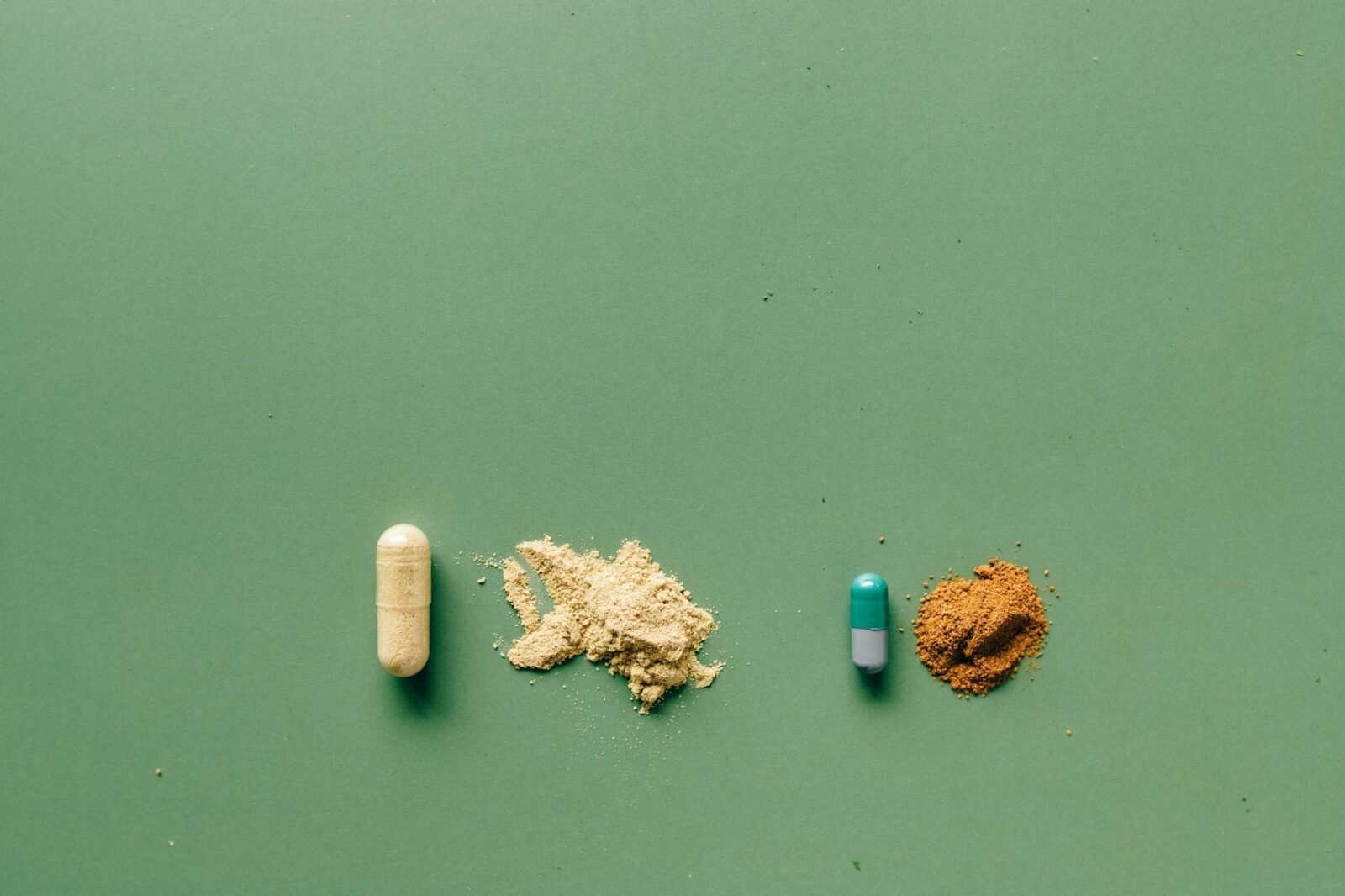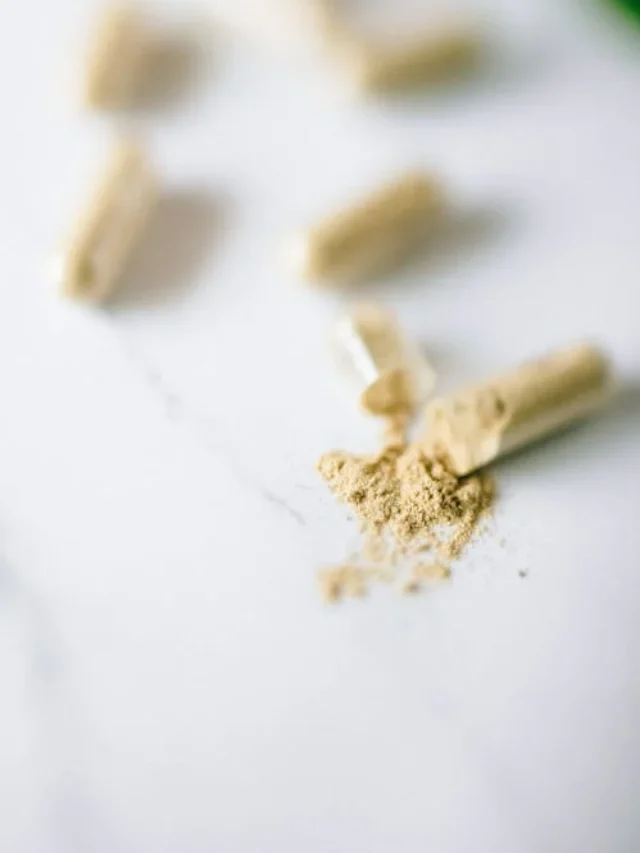Last Updated on June 13, 2024 by Daniele Lima
Learn more about, dosage, impacts on health and performance
Creatine is one of the most popular and studied supplements in the world of sports nutrition. Often associated with muscle mass gain and increased athletic performance, its effectiveness is supported by numerous scientific research. However, despite its fame and widespread use, many doubts still remain about its correct use, adequate dosages, and the real impacts it can have on individuals’ health and performance.
This article aims to clarify these issues, providing a clear and informed understanding of how this can be a powerful ally for athletes and fitness enthusiasts, as well as addressing possible side effects and considerations for different user profiles. Get ready to discover everything you need to know to use creatine safely and effectively.
Table of Contents
When are you supposed to take creatine
The ideal time to take creatine is a matter of debate among experts and users, but studies show that supplementation can be effective both before and after exercise. Taking it before exercise can help increase phosphocreatine levels in your muscles and provide extra energy during high-intensity exercise.
On the other hand, consuming after exercise can promote better muscle recovery and synthesis, benefiting from increased insulin sensitivity and nutrient absorption.
Some research suggests that combining the two times – dividing the daily dose before and after exercise – can be an effective strategy for maximizing the benefits. Regardless of the time of day, the most important thing is the consistency of your daily meal to keep levels in your muscles high. Therefore, choosing the best time may vary according to routine and individual preferences, as long as the supplements are taken regularly and in adequate doses.
What food are high in creatine

Creatine is a natural compound found mainly in foods of animal origin, especially meat and fish. Here are some foods rich in creatine:
Red meat: Beef, pork, and lamb are rich sources of it. The redder the cut, the higher the content.
Fish: Fish such as salmon, tuna, cod, and herring are excellent sources.
Chicken: Although in smaller quantities compared to red meat, chicken also contains this supplement, especially in the dark parts of the meat.
Venison: This type of meat is another good source of creatine, often used in areas where hunting is common.
In addition to natural foods, is also found in supplements widely used by athletes and people who improve physical performance. It is important to remember that the amount of creatine in foods can vary depending on the source and method of preparation. Fresh, minimally processed meat and fish are recommended to maximize it intake through the diet.
The correct dosage of creatine
The correct dose can vary based on individual goals, but there are some generally accepted guidelines based on research.
Normal dose of creatine
Charging phase (optional):
Quantity: 20 grams per day.
Servings: Divide into four 5-gram portions.
Duration: 5-7 days.
Purpose: to quickly saturate muscles.
Maintenance phase:
Quantity: 3-5 grams per day.
Objective: maintain high levels in muscles.
Option without charging phase
Quantity: 3-5 grams per day.
Duration: Continuous, without initial charging phase.
The goal: achieve muscle saturation over time, usually after 3-4 weeks.
Additional Recommendations
Take with carbohydrates: Taking creatine with a carbohydrate source can increase absorption.
Hydration: Increase your water intake, as creatine can cause muscle fluid retention.
Corollary: For best results, it should be taken daily, regardless of whether it is a training day or not.
Consult a Professional
While these guidelines are widely accepted, it is always recommended to consult a doctor or sports nutritionist to adjust the dosage to your specific needs and health status.
How long does creatine to work?

Creatine is a popular supplement among athletes and bodybuilders because it improves performance and increases muscle mass. The time it takes to start taking effect may vary depending on a number of factors, including dosage, route of administration, and each person’s individual physiology.
Charging phase:
Loading Phase Method: This method involves taking a higher dose (usually around 20 grams per day, divided into doses of 4-5 grams) for 5-7 days. This leads to faster saturation of muscles. In this scenario, the effects may begin to appear within the first few days after starting to use the supplement.
Maintenance dose:
No-load phase method: Alternatively, some people choose a lower dose (about 3-5 grams per day) without a loading phase. In this case, it may take around 3-4 weeks for the level in the muscles to reach full saturation and thus the effect of the supplement becomes fully noticeable.
Initial Effects
The first effects seen generally include an increase in muscular strength and endurance and an improved ability to perform high-intensity exercise. This is because this helps regenerate ATP (adenosine triphosphate), which is the main source of energy for muscle cells during intense, short-term activities.
What does creatine do for women?
Creatine is a popular supplement among athletes and exercisers for its performance and muscle recovery benefits. For women, creatine offers several specific benefits:
1. Increased strength and muscle mass
Creatine helps increase muscle strength and lean muscle mass. This effect is particularly useful for women who want to improve their performance in endurance sports, bodybuilding, and other high-intensity sports. That supplementation facilitates the production of ATP (adenosine triphosphate), which is the main source of energy during short, intense exercise.
2. Better recovery
Women who use creatine may experience faster muscle recovery after intense exercise. This helps reduce inflammation and muscle damage so your body recovers faster and is ready for your next workout.
3. Increased energy
Creatine is known to increase energy levels, which can be especially beneficial for women who have busy daily routines and still need extra energy to exercise.
4. Cognitive Performance
In addition to the physical benefits, there are studies that show that it can have a positive effect on cognitive function. It can be useful for women with high mental needs or who want to improve mental clarity and focus.
5. Improve body composition
Using creatine can help reduce body fat because increasing muscle mass stimulates metabolism. Although weight gain may be due to increased muscle mass and fluid retention in muscle cells, many women notice an improvement in overall body composition.
6. Bone Health
Some research suggests that creatine may promote bone health, which is important for women, especially those at risk for osteoporosis. The supplement may promote bone density, although more research is needed to confirm its benefits.
Special considerations for women
Water retention: Some women may experience slight weight gain due to water retention, but this is usually temporary and will lessen with continued use.
Dosage: Recommended doses are generally the same for men and women, 3 to 5 grams per day, but it is always recommended to consult a doctor before starting supplementation.
Side effects: Creatine is considered safe for most people at recommended doses. However, some women may experience gastrointestinal discomfort, which can be minimized by spreading the dose throughout the day or taking it with food.
What happens when you stop taking creatine?
When you stop using creatine, changes occur in the body that can affect physical performance and body composition. Here are the main effects:
1. Decreased water retention
Creatine increases fluid retention in muscles, which can cause temporary weight gain. When you stop using this, water retention decreases, resulting in slight weight gain. This loss is mainly water and not muscle mass.
2. Decrease in muscle creatine level
Muscle phosphate begins to gradually decrease when you stop using supplements. It may take a few weeks for the body to restore its natural.
3. Impaired performance at high intensity
Creatine is known to improve performance in high-intensity, short-duration exercise, such as running and weight lifting. If you stop using it, your ability to perform these exercises at the same intensity or volume may decrease slightly because it is fueled by the availability of ATP.
4. Loss of muscle mass
Although significant loss of muscle mass is not common, some users may notice a slight decrease in muscle mass. This is because increases muscle mass by increasing water retention and protein synthesis. Without supplementation, these effects are reversed, but with diet and exercise, the loss is usually minimal.
5. Changes in strength
Muscle strength may decrease slightly, especially in exercises that rely on maximum power and rapid energy. However, overall strength should not drop drastically as long as the exercises are performed consistently.
6. Muscle recovery
Recovery ability may be slightly affected. Creatine helps reduce inflammation and muscle damage, which speeds recovery. Recovery may be a little slower without supplements, but again, this can be alleviated with proper nutrition and recovery strategies.
7. Energy Balance
Some people report a decrease in overall energy and exercise endurance after stopping because ATP levels are not as high. This may be more noticeable during high-intensity activities.
8. Adjust exercise and diet
Stopping use may require changes to exercise and diet to compensate for lost benefits. Maintaining a high-protein diet and following a proper exercise program can help minimize negative effects.
Conclusion: Creatine is your ally in the right measure
As you can read, the Creatine is one of the most popular and effective supplements for those who search to improve their performance us exercise. 3-5 grams per day is enough for most people It has the benefit of increasing the force and resistance during intense activities. The good news is that creatine is safe for most people and has few Side effects.
In addition to speeding up training, can help with muscle recovery and even strengthen the brain. However, remember that you must talk to your doctor before starting one supplement to see if it is really the right choice for you. Thinking about that, creatine can be a great ally for you both in training and in winning your goals in life!
Creatine – FAQ:
Can creatine cause headaches
Headaches are not usually associated with use, but some people may experience headaches, possibly due to dehydration. Creatine increases water retention in muscles, which can lead to dehydration if water intake is inadequate. This dehydration can cause headaches. Staying hydrated while using creatine can help reduce this side effect. Also, since a supplement will affect people differently, it is important to monitor your body’s response and consult a doctor if you have a headache.
Are creatine gummies as good as powder
Gummies can be a convenient and delicious alternative to powders, but they may not be as good to eat and breathe. The concentration of creatine in gummies is generally lower than in powder, and more gum is required to reach the correct dose. Additionally, gummies may contain added sugars and other ingredients not found in pure form. For those who dislike powder or want a more solid solution, gummies can be a reasonable option, but powder generally provides better control and is often more affordable.
Can creatine cause hair loss
There is some evidence to suggest a link between creatine and hair loss. One study suggests that supplementation may increase levels of dihydrotestosterone (DHT), a hormone associated with hair loss. However, this finding has not been replicated and most studies do not support a direct link between it and hair loss. People who are concerned about hair loss should consider genetic factors and consult a doctor to better understand all risks and causes.
Can creatine cause acne
Acne development is affected by many factors such as hormonal changes, genetics, and skin care. Although there is no strong scientific evidence that is directly linked to acne, it may increase acne formation in people who are prone to acne breakouts. Creatine can directly affect acne caused by exercise, causing more sweating and skin irritation. Maintaining good skin habits and monitoring skin changes when starting supplements can help with this problem.










Leave a Reply